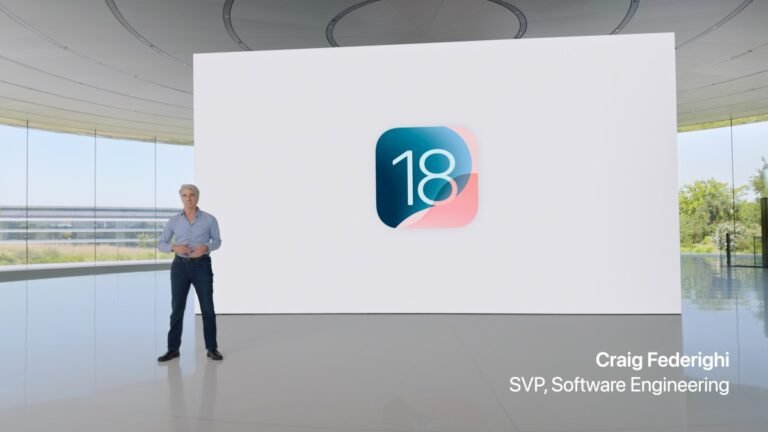
iOS apps that build their own social networks on the back of users’ address books may soon become a thing of the past.
In iOS 18, Apple is cracking down on the social apps that ask users’ permission to access their contacts — something social apps often do to connect users with their friends or make suggestions for who to follow.
To give users more control over the contacts an app can and cannot access, the permissions screen has two stages.
Before that, apps like Poparazzi and Clubhouse had demanded full address book access — a growth hack that helped them quickly expand their networks.
iOS 18 will let users decide which contacts an app can access.

But a lot of those features were already available to some extent on Apple devices through third-party apps.
So, just like the past few years, we will examine the ideas that Apple “Sherlocked” in this year’s updates.
But what do we mean that Apple “sherlocked” something?
Feature: Voice transcriptionSherlocked apps: Otter, AudioPen, Voicenotes.comApart from call transcription, Apple will also offer voice transcription in apps like Notes with the upcoming updates.
That said, some of these Sherlocked apps might survive by offering customized or enterprise solutions, but some small-scale indie apps will eventually lose users to Apple.
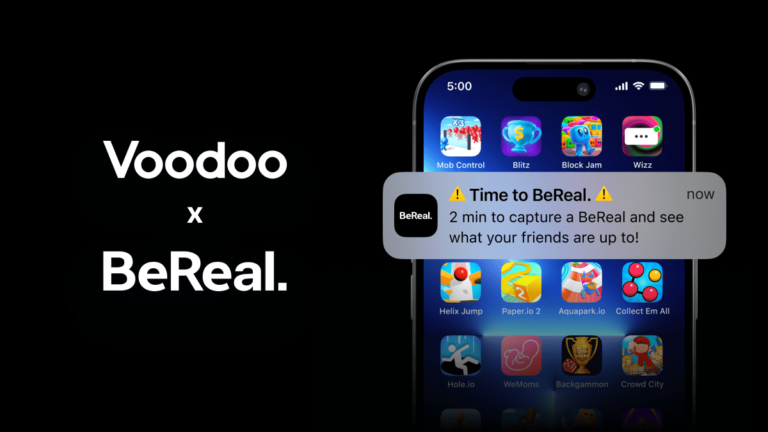
Voodoo, a French mobile apps and games publisher, has acquired BeReal for €500 million.
As part of the acquisition, BeReal co-founder and CEO Alexis Barreyat will leave the company after a transition period.
Aymeric Roffé, the CEO of Wizz, one of Voodoo’s social media apps, will take over as CEO of BeReal.
On BeReal, users receive a push notification each day prompting them to post they’re up within a two-minute window.
“Voodoo has a proven track record of driving significant growth in mobile apps,” said BeReal founder Alexis Barreyat, in the press release.
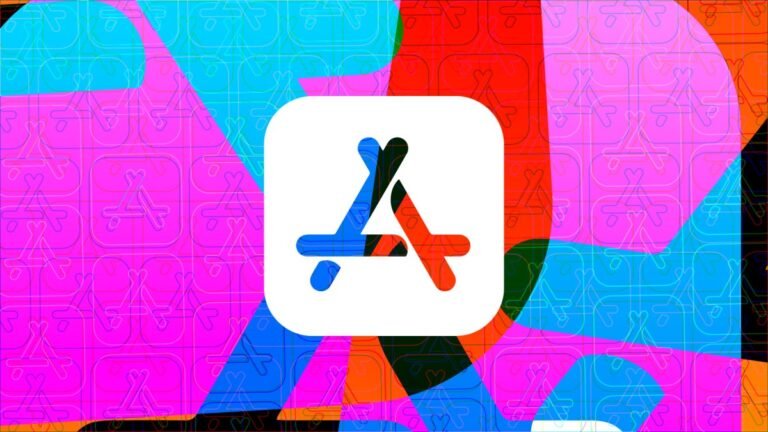
Win-back subscriptionsApple will let developers reach out to customers who have subscribed to the app to win them back with new offers.
Developers can configure which customers they want to reach out to, and based on that, Apple surfaces win-back offers in the App Store.
“Eligible customers can discover win-back offers across the App Store, including on your product page and in editorial selections on the Today, Games and Apps tabs, as well as within your app,” according to Apple.
Image Credits: AppleImproved search suggestionsApple said that it is adding Focus State to the App Store later this year for improved search.
It gave examples of content creator apps offering subscriptions, apps with large catalogs of content (maybe apps that offer sachet subscriptions to different content), and digital content that spans across different apps managed by one developer.
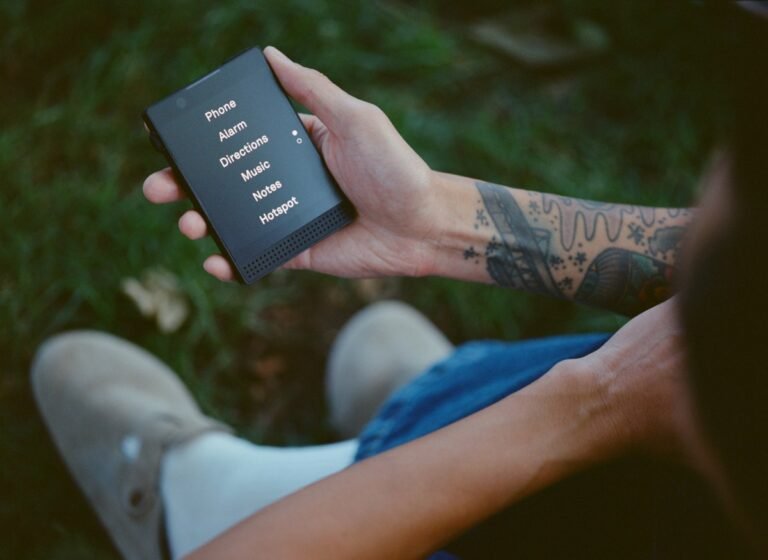
Light, the maker of the minimalist phone with an e-paper screen, is announcing its newest model, the Light Phone III.
Like its earlier counterpart, the Light Phone III offers a simple black-and-white display, without access to social media, the internet or email.
Between the first two models, the Light Phone I and Light Phone II, the company has shipped over 100,000 devices, with the latter accounting for roughly two-thirds of those sales.
The Light Phone III will target the larger demographic that are already using the non-smartphone as their main device.
Image Credits: LightAll the upgrades make the new device more expensive: The Light Phone III is $799 compared with the $299 Light Phone II.

An “Apple Intelligence” (AI)-powered feature coming in iOS 18 will allow iPhone users to create AI images of people they’re messaging with — a feature that works something like an AI-upgraded Bitmoji.
Image Credits: AppleFor example, Apple showed off making an AI Bitmoji of a friend celebrating their birthday with an image that included cake, balloons and flowers.
The Genmoji can be used as a sticker for reacting to messages with a Tapback or inline with your messages, Apple said.
Apple Intelligence will also suggest concepts related to your messages conversation, but all this takes place on the device, according to Apple.
Also at WWDC 2024, Apple announced updates to Siri and introduced macOS Sequoia.

Apple is bringing ChatGPT, OpenAI’s AI-powered chatbot experience, to Siri and other first-party apps and capabilities across its operating systems.
You can include photos with the questions you ask ChatGPT via Siri, or ask questions related to your docs or PDFs.
Apple’s also integrated ChatGPT into system-wide writing tools like Writing Tools, which lets you create content with ChatGPT — including images — or ask an initial idea and send it to ChatGPT to get a revision or variation back.
ChatGPT integrations will arrive on iOS 18, iPadOS 18, and MacOS Sequoia later this year, Apple says, and will be free without the need to create a ChatGPT or OpenAI account.
Subscribers to one of OpenAI’s ChatGPT premium plans will be able to access paid features within Siri and Apple’s other apps with ChatGPT integrations.

Developers who want to show off apps, or anyone whose iPhone is currently out of reach, will appreciate a new Continuity feature arriving on the new version of macOS Sequoia.
The new OS, announced at WWDC 2024, will allow users to mirror their iPhone screen directly on their Mac and even control it, like swiping through pages on the Home Screen and launching apps via the Mac’s trackpad.
In addition, as Apple showed, it would make it easier to use Mac apps and iPhone apps alongside each other.
When using the feature, users will be able to use the Mac keyboard to enter text and other input into iPhone apps.
Plus, iPhone notifications will appear alongside Mac notifications when it’s mirrored, and users will also be able to interact with them and take action.
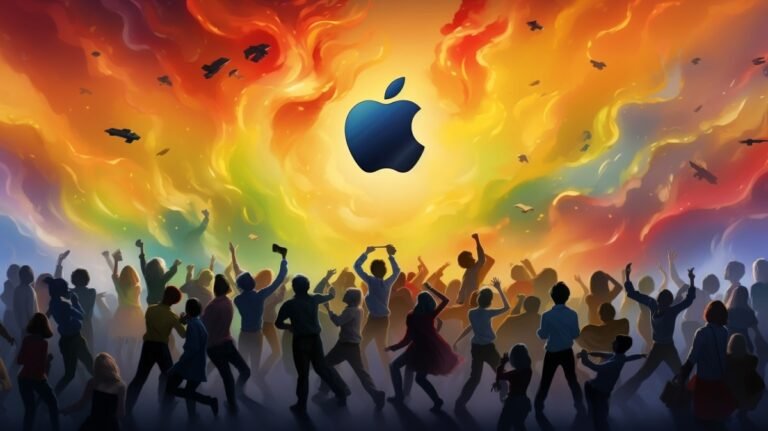
Reliability firstApple makes some of the most popular devices on the planet, and its AI features should serve to make them more useful.
A lot of AI-powered features rely on going back to the cloud to get answers or inputs back.
Rumors on the street are that Apple will announce a deal with OpenAI to power AI features across its operating systems.
Given AI’s hallucination problems, Apple might not want to be directly involved in content-related AI features just yet.
Companies like Google and OpenAI have had to walk back on AI features because of errors or copyright issues.
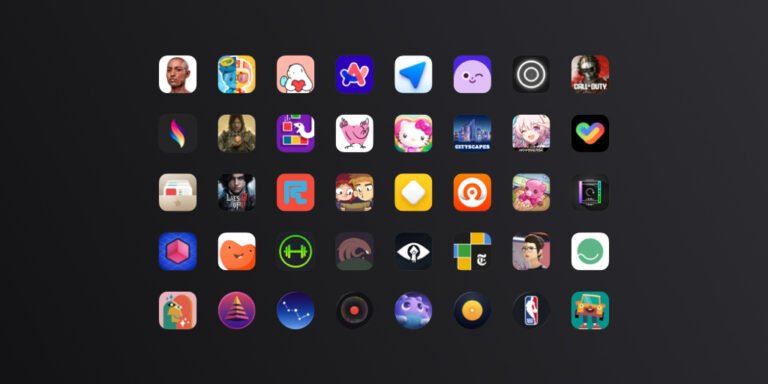
With its list of Apple Design Awards winners, Apple is celebrating indie apps and startups over bigger tech firms — including those offering AI chatbots.
There’s no ChatGPT to be found on Apple’s list of Design Awards finalists, for example.
Instead, Apple’s list of finalists for its Design Awards favored small to midsize app makers like Copilot Money, SmartGym, recipe app Crouton, creative app Procreate Dreams, Gentler Streak, and others, as well as those from venture-backed startups like the creativity app Rooms and the reimagined web browser Arc Search.
We're overjoyed– and, frankly, in disbelief– that Rooms is a finalist for Apple's 2024 Design Awards.
An “Inclusivity” section also boosts Apple’s global app community, including members in the EU where regulation is underway via the Digital Markets Act.













